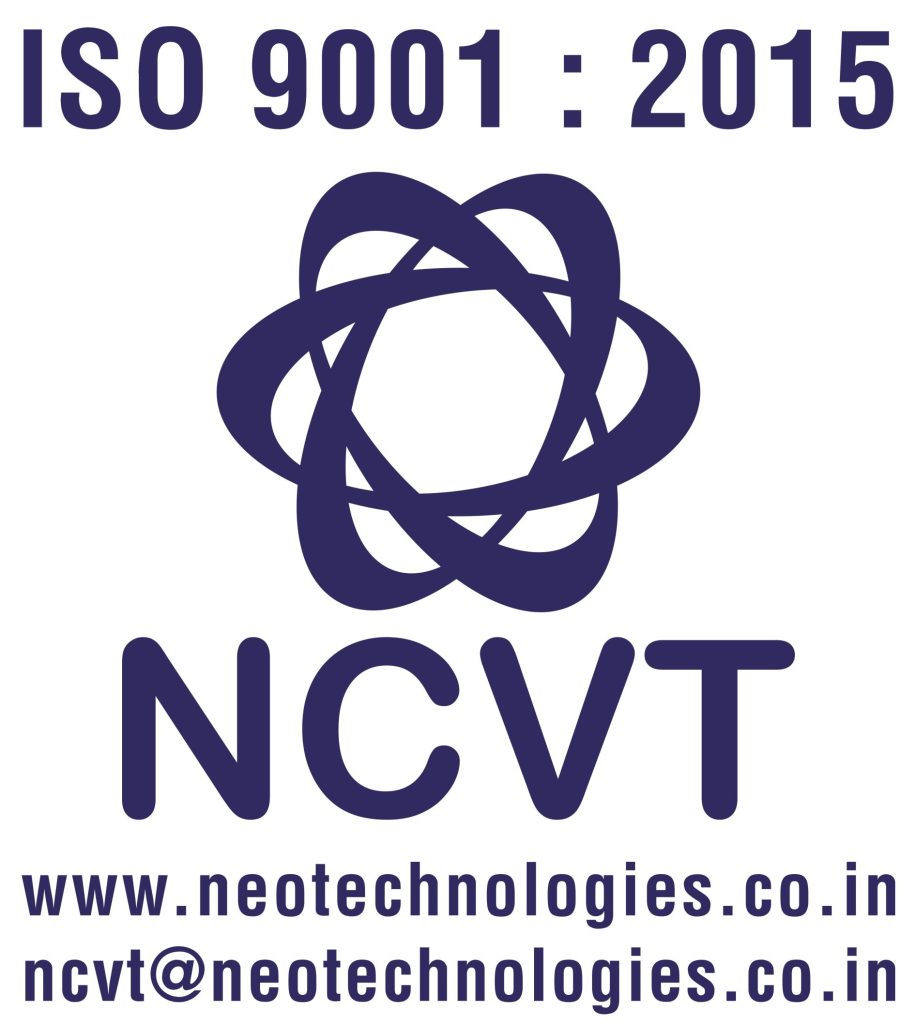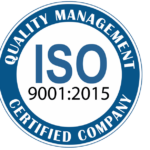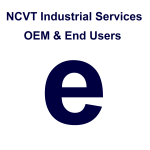DCS Training
Distributed Control Systems (DCS) are dedicated systems used to control manufacturing processes that are continuous or batch-oriented, such as oil refining, petrochemicals, central station power generation, fertilizers, pharmaceuticals, food and beverage manufacturing, cement production, steelmaking, and papermaking. DCSs are connected to sensors and actuators and use set point control to control the flow of material through the plant.
The most common example is a set point control loop consisting of a pressure sensor, controller, and control valve. Pressure or flow measurements are transmitted to the controller, usually through the aid of a signal conditioning input/output (I/O) device. When the measured variable reaches a certain point, the controller instructs a valve or actuation device to open or close until the fluidic flow process reaches the desired set point.
Large oil refineries have many thousands of I/O points and employ very large DCSs. Processes are not limited to fluidic flow through pipes, however, and can also include things like paper machines and their associated quality controls (see quality control system QCS), variable speed drives and motor control centers, cement kilns, mining operations, ore processing facilities, and many others.
The latest developments in DCS include the following new technologies:
1. Wireless systems and protocols
2. Remote transmission, logging and data historian
3. Mobile interfaces and controls
4. Embedded web-servers



